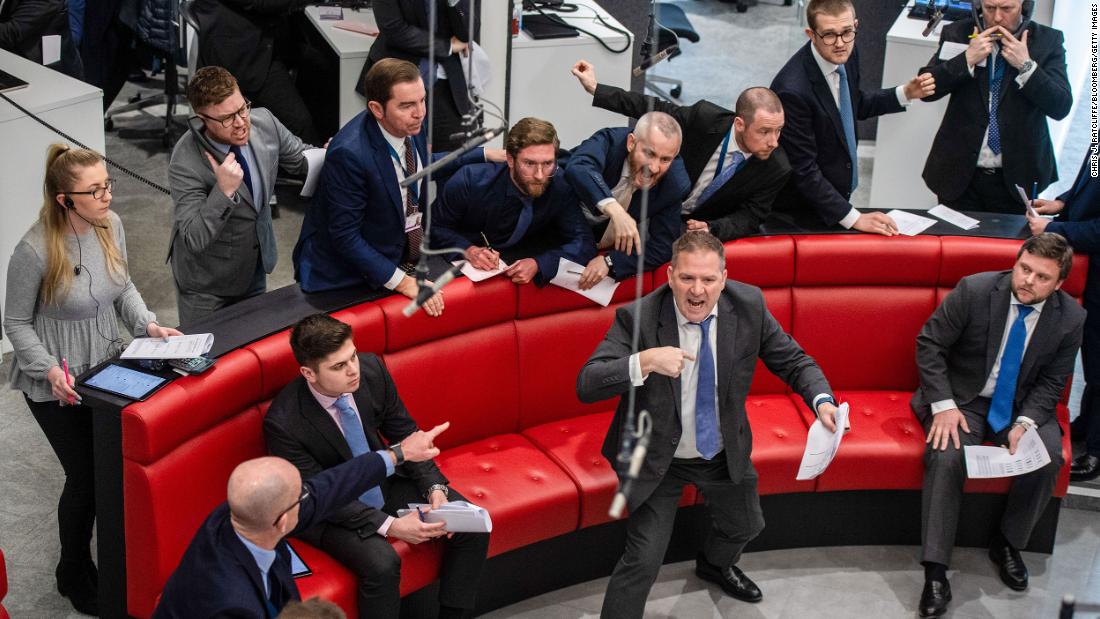- Joined
- Apr 22, 2019
- Messages
- 46,962
- Reaction score
- 22,884
- Gender
- Male
- Political Leaning
- Progressive
If you take a gamble in the market, you can lose money. Imagine if instead, the market was willing to take extreme, corrupt measures to protect you at others' expense? Much the way the 'too big to fail' banks were protected from their gambling in the 2008 crash. Must be nice.
Ah, hedge funds, improving things as usual.

 www.cnn.com
www.cnn.com
One Chinese metals producer, Tsingshan Holding Group Co., sat at the center of the storm. The group had wagered a massive bet that the price of nickel would fall. At its peak, Tsingshan’s short position was equivalent to about an eighth of all of the outstanding contracts in the market: If prices had stood at $100,000 the company would have owed the LME $15 billion, according to the Wall Street Journal.
Exchange executives scrambled to respond, ultimately throwing a lifeline to the brokers representing Tsingshan and other producers. In an unprecedented move, they halted trading and retroactively canceled all 9,000 trades that occurred on Tuesday, worth about $4 billion in total.
“The LME is now very likely going to die a slow self-inflicted death through the loss of confidence in it and its products,” tweeted Mark Thompson, executive vice-chairman at Tungsten West, a mining development company.
But in recent years the exchange has been pushed to start moving into the 21st century. Until 2012, the LME was owned by its members, the same people who traded on the exchange — but then it was sold to Hong Kong Exchanges and Clearing (HKEX) for $2.2 billion. The new owners raised fees to recuperate some of their investment, upsetting the community. Volumes dropped significantly, and the chief executive and operating officer left.
So the LME wooed a new class of customer to bring volumes back up: hedge funds, and other major financial players.
Ah, hedge funds, improving things as usual.

Day drinking, 'Big Shot' and billions of dollars: How the nickel market imploded
When a trade jumps by 250% over the course of days, investors typically pop bottles of champagne. Between Friday, March 4 and Tuesday March 8, nickel futures did just that — soaring on the London Metal Exchange from about $29,000 to $100,000 per ton. But the champagne remains corked, investors...
